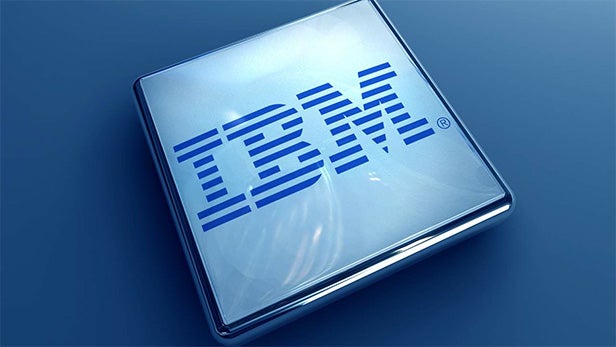IBM announces it can now produce 7nm chips

IBM has announced that it has hit a breakthrough with the 7nm chip manufacturing process, which should lead to a major increase in processor power.
The computer giant has managed to make working examples of chips with as much as four times the capacity of today’s most powerful chips.
Last year, IBM announced that it was investing $3 billion over five years to develop new chip production methods, along with partners that include GlobalFoundries and Samsung. The goal was to break through the super-small 7nm production barrier, which was proving impossible with existing production methods.
Indeed, at one point it looked like the famous Moore’s Law – which predicts that the number of processor transitors will double every two years – would finally be broken at the current 14nm level (or just beyond it at 10nm).
As the New York Times reports, though, IBM has just announced that the 7nm target has been reached by using silicon-germanium in place of pure silicon in key parts of the chip.
These new micro-sized transistors mean that IBM and its partners will be able to produce microprocessors containing 20 billion transistors, boosting processor power and energy efficiency significantly.
Read More: Intel’s 14nm revolution: why you should care
Of course, just because IBM can now produce this technology doesn’t mean that we’ll be seeing 7nm chips in our smartphones and computers any time soon.
It’s predicted that shop-ready 7nm chips could still be at least five years away. Then there’s the longer term issue that smaller chips are probably going to require a completely new and hitherto unknown method of production using alternative materials.


